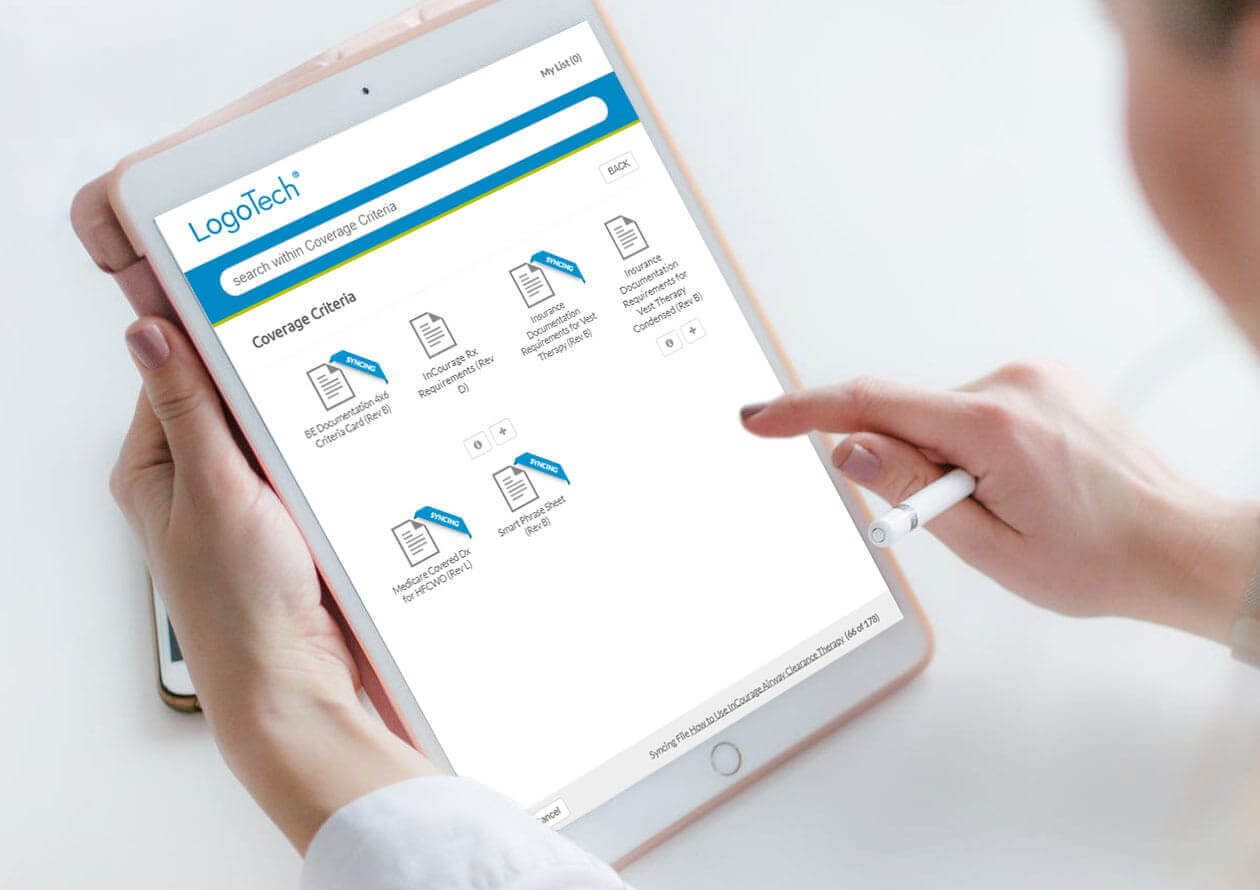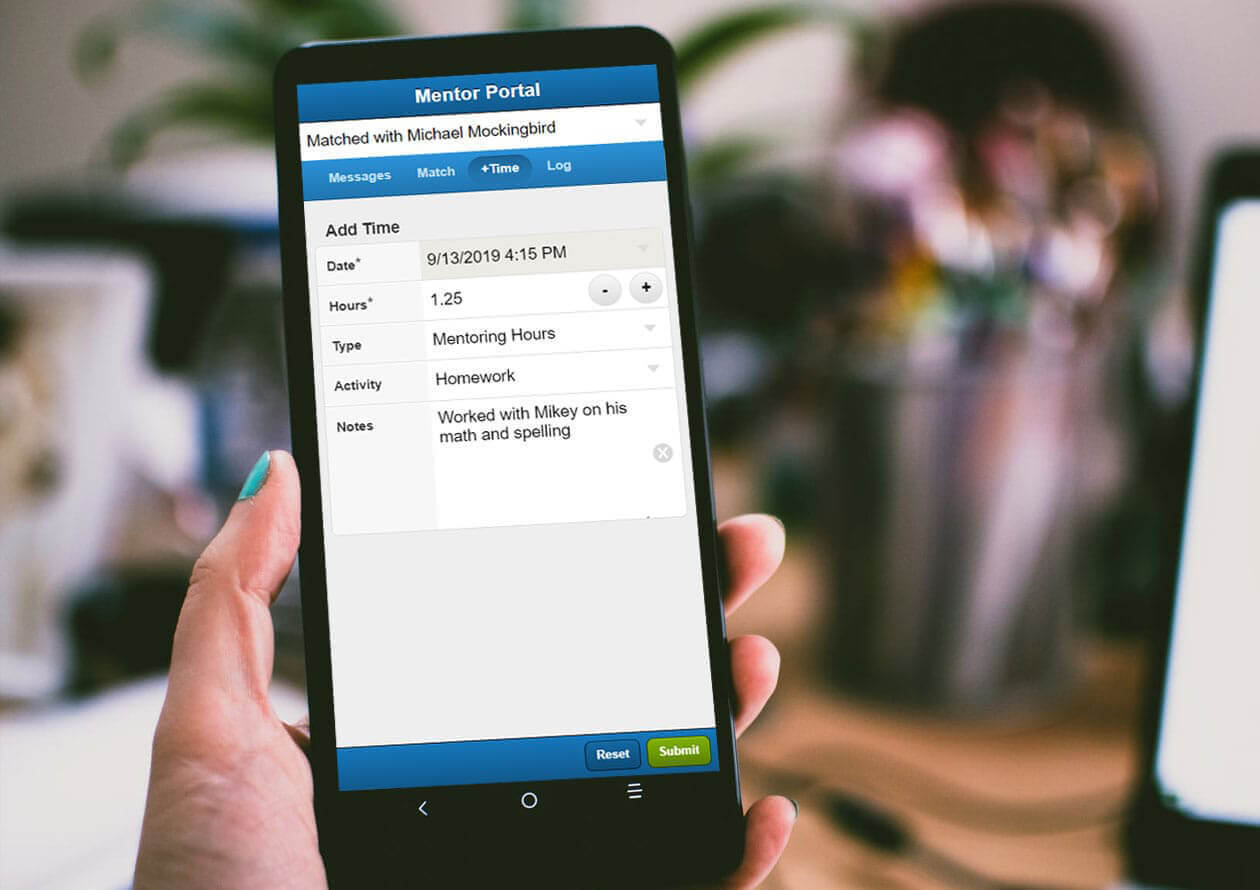Are you looking to bring your app idea to life? In today’s mobile-driven world, creating a high-performing app can be the difference between capturing users’ attention and losing out to competitors. Typically, applications are developed in one of three ways: native, hybrid, or progressive web applications—and we can help you determine what will work best for your strategy.
At Emergent Software, we bring expertise in mobile app development that includes the latest tools and frameworks, from .NET MAUI for efficient cross-platform solutions to PWA (Progressive Web Application) options for broad accessibility. Whether you’re envisioning a native app with top-notch performance or a versatile solution that works across devices, our team is here to make it happen.
What is Mobile App Development?
Mobile app development is the process of creating software applications designed for mobile devices, giving users access to services, tools, and experiences on the go. We are constantly connecting digitally, so mobile apps have become essential for businesses aiming to engage users directly on their smartphones, tablets, and other mobile devices.
Emergent Software specializes in three primary types of mobile app development, each suited to different business needs:
- Native Mobile Apps: Built for a specific platform (iOS or Android), native apps offer high performance and deep integration with the device’s features. If your app requires maximum speed and responsiveness, native development with tools like Swift and Kotlin may be ideal.
- Cross-Platform Apps: Created using .NET MAUI, our cross-platform apps deliver a single solution that works seamlessly on both iOS and Android. This approach is cost-effective and simplifies maintenance while providing users with a consistent experience.
- Progressive Web Applications: PWAs offer a browser-based solution that works across devices without app store limitations. Accessible on any device with internet access, PWAs can even function offline, making them an excellent choice for businesses looking for universal reach and quick updates.
Each type of app development has its own strengths, and our team at Emergent Software can help you determine the best fit for your unique goals.
Types of Mobile Application Development: A Deeper Look
How exactly do you decide which kind of development process will be best? Let’s discuss the different approaches to building a mobile application.
Top-notch performance with native mobile app development
If performance is a major consideration for your app, it may be worth the extra investment to develop separate apps for each target platform. True native apps make use of each device’s native features at the hardware level, which can lead to improved performance over cross-platform mobile apps. Native development can also provide more fine-tuned control over the UI/UX for each platform. When choosing this route, we recommend using the latest OS-supported native languages for the two biggest platforms: Swift for iOS and Kotlin for Android.
Take a cross-platform approach with hybrid mobile app development
Modern cross-platform technologies, like Xamarin and React Native, allow Emergent Software's mobile app development team to create a single app that can be used across both iOS and Android platforms, making our cross-platform approach perfect for projects where cost and ease of maintenance are high priorities.
Transform your website into a progressive web application
In a world of increased connectivity, mobile-friendly web applications serve very well as mobile apps. Even many features of your phone (location, camera, GPS, etc.) can now be used by browser-based applications. Now with progressive mobile apps, browser-based web applications can run offline and sync data with the server when connections are re-established. Built like a regular website, progressive web applications are a great solution to delivering a consistent experience to your team or customers, even without a stable internet connection.
If you’re not sure of your mobile user base, a web app is a great way to start—build one application for ALL platforms and deploy updates with ease. Progressive web applications deliver the great mobile experience you’re looking for and also captures the largest segment of your customers, as they are device-agnostic. Even if you end up wanting to publish your app to the app stores, they can be published as hybrid-HTML5 apps without too much difficulty.
Native vs. Hybrid Applications: Which Is Right for You?
Some businesses or developers are torn between native and hybrid applications, so keep these key differences and priorities in mind as you decide what is needed for your goals.
- Native Applications: Built specifically for either iOS or Android, native apps offer top performance and deep integration with device features. Ideal for apps requiring high speed, intensive graphics, or close hardware interaction.
- Hybrid Applications: Created with cross-platform frameworks like .NET MAUI, hybrid apps run on both iOS and Android from a single codebase. This approach is cost-effective, simplifies maintenance, and provides a consistent user experience across platforms—great for budget-conscious projects aiming for wide reach.
Mobile App Development Process
Creating a high-quality mobile app takes a structured process so that each detail adds to the value and success of your business. Here’s what the general process looks like:
1. Discovery
In the discovery phase, the focus is on understanding the app’s purpose, target users, and primary goals. This involves gathering insights from stakeholders, defining core features, and identifying potential challenges. This stage sets the foundation so that the app will align with business objectives and user expectations.
2. Planning & Design
Next is planning and design, where initial wireframes and prototypes help visualize the app’s interface, user journey, and interactions. This stage also includes selecting the appropriate technology stack based on the app’s requirements—whether a native approach, a cross-platform solution using .NET MAUI, or a PWA for universal accessibility. Attention to design and functionality during this phase is essential for creating an intuitive, engaging user experience.
3. Development
In the development phase, the app begins to take shape as developers write code, integrate features, and optimize functionality. Agile methodologies are often used here, allowing teams to build the app in cycles or “sprints.” This iterative approach helps incorporate feedback quickly and ensures the app is thoroughly tested as it’s developed.
4. Testing & Quality Assurance
Testing and quality assurance are crucial steps to ensure the app performs consistently across devices and platforms. Rigorous testing identifies any bugs or usability issues, ensuring the app’s stability, speed, and reliability before it reaches users.
5. Deployment & Launch
Once tested, the app is ready for deployment. This stage involves publishing the app to relevant app stores or making a PWA accessible through a browser, handling all necessary technical configurations to ensure a smooth launch.
6. Ongoing Support & Maintenance
After launch, ongoing support is vital to keep the app up-to-date, secure, and adaptable. Regular maintenance, updates, and feature enhancements keep the app functional and aligned with evolving user needs. Emergent Software is there for every step of the process, including this post-development stage.
What's the right mobile app development strategy for you?
If you're surprised by the variety of options available when it comes to mobile app development, you've come to the right place. Emergent Software's team of mobile and web app developers has the broad experience needed to help you make critical mobile strategy decisions upfront and deliver an app that works perfectly for your unique situation.
Frequently Asked Questions
How much does it cost to develop a mobile app?
The cost of mobile app development can vary greatly depending on the app's complexity, required features, and chosen platform(s). A simple app may cost around $10,000, while complex, feature-rich applications could reach $100,000 or more. Working with our team, you’ll receive a detailed estimate tailored to your project’s specific needs.
How long does it take to create a mobile app?
The timeline for mobile app development depends on the app’s scope, features, and design complexity. On average, creating a Minimum Viable Product (MVP) can take anywhere from three to six months, with more intricate apps taking longer. Our team will work with you to define a timeline that aligns with your goals.
What is the difference between a mobile app and a web app?
Mobile apps are typically downloaded and installed from app stores, allowing deeper integration with device features (like the camera and GPS). Web apps, including PWAs, run in browsers and are accessible from any device, making them ideal for broader reach without the need for installation.
Can I convert my existing website into a mobile app?
Yes, transforming a website into a mobile app is possible, and a PWA is often an effective way to do this. PWAs offer an app-like experience directly in browsers, or we can explore native or hybrid app options depending on your goals.






